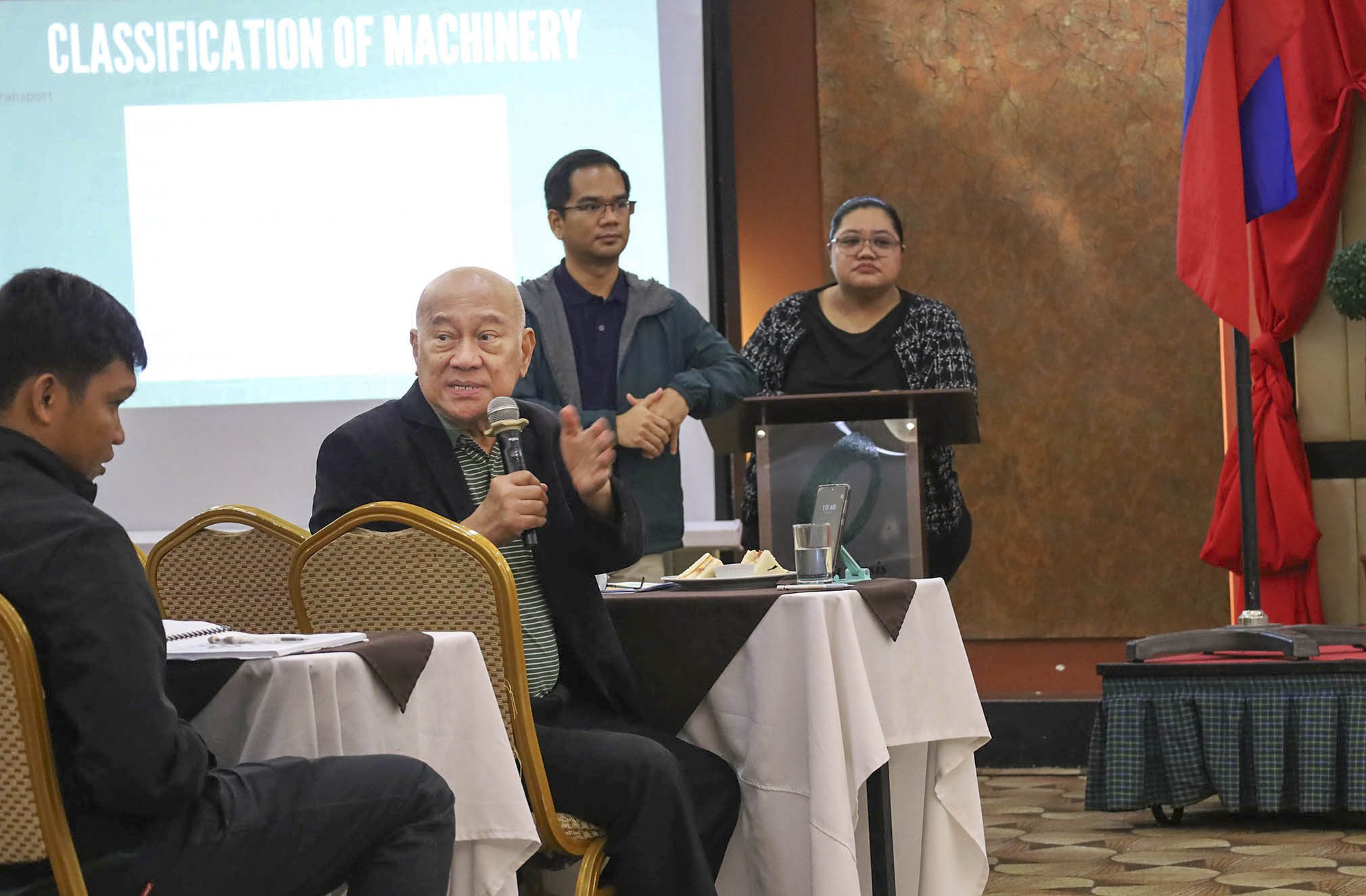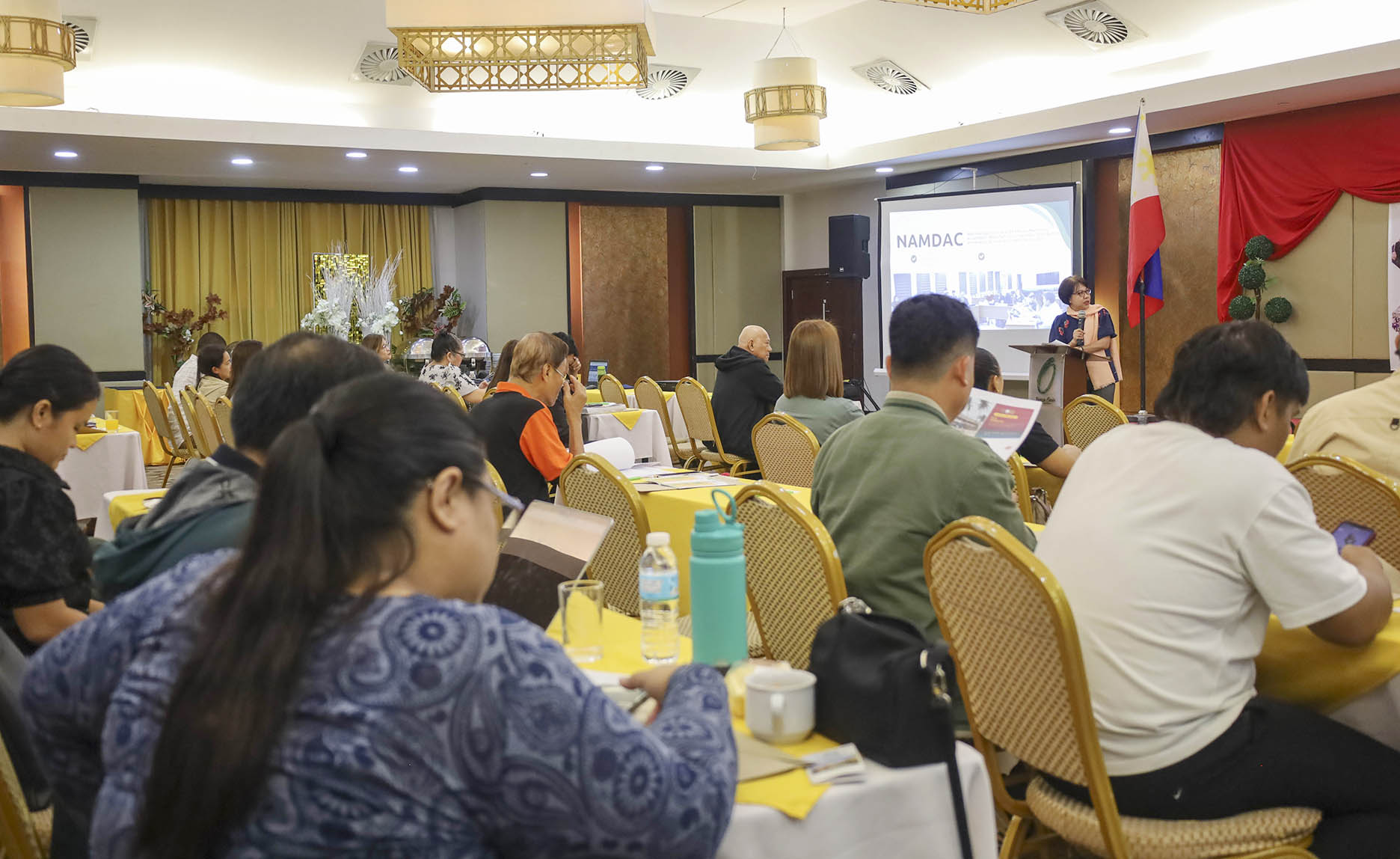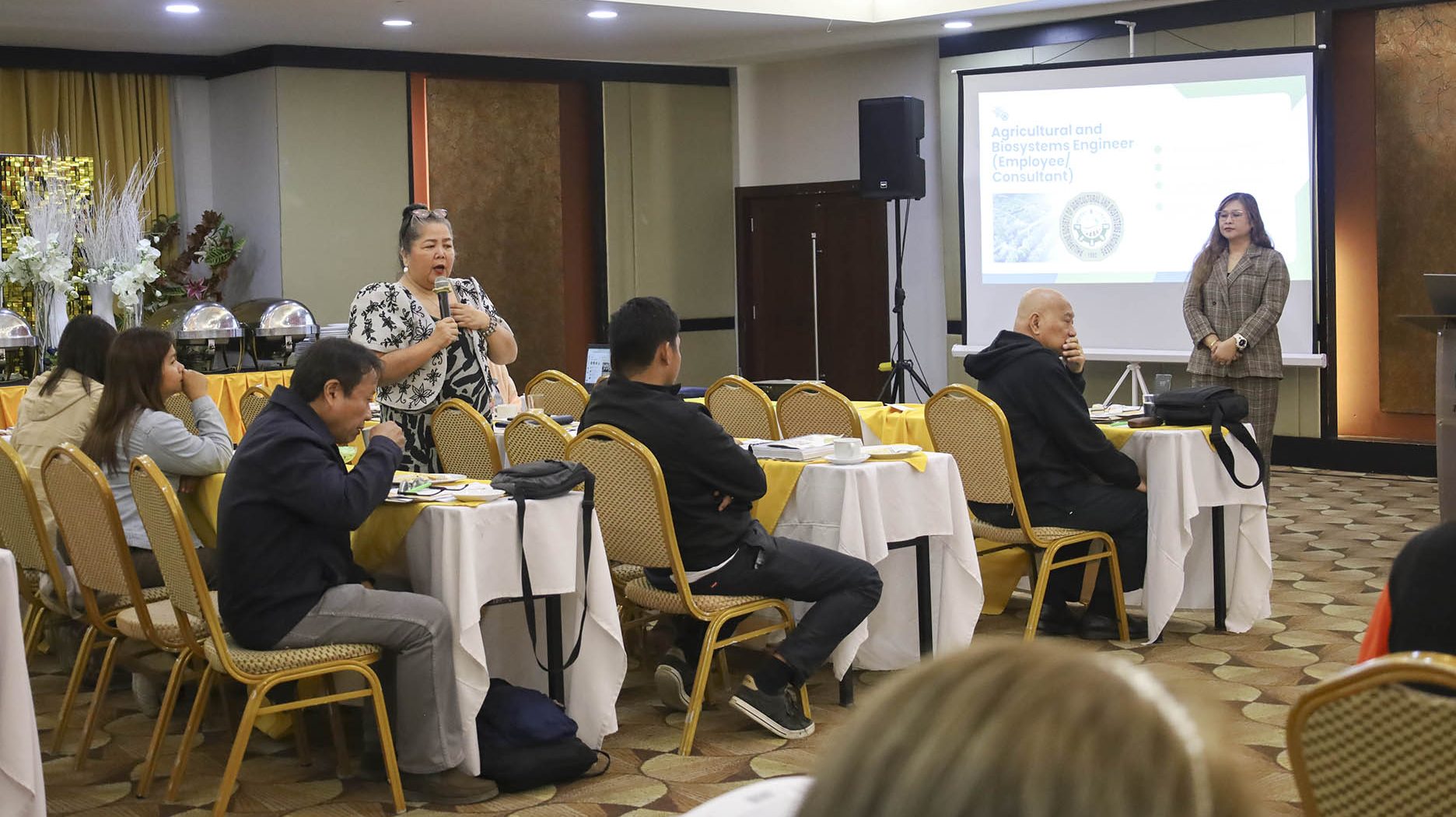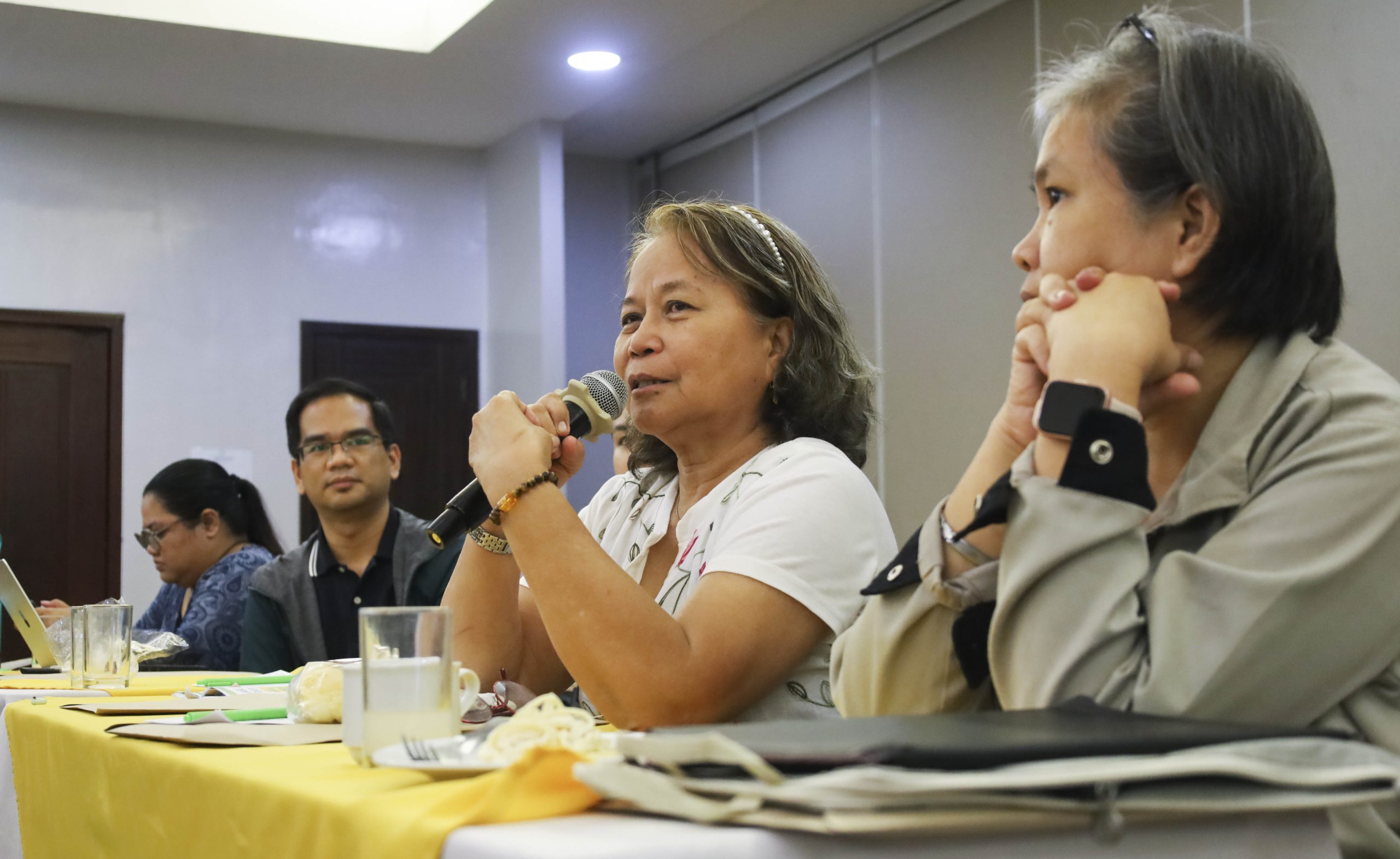
Over 30 key representatives from the government and the private sector met at the 2025 NAMDAC Midyear Performance Review to tackle important challenges facing agricultural and fisheries machinery in the Philippines on July 28 and 29, 2025 in Tanza, Cavite.
The two-day activity gathered key representatives from DA offices, NAMDAC Board Members, and leading companies involved in supplying and building agricultural and fisheries machinery.

NAMDAC or the National Agricultural and Fisheries Machinery Assemblers, Manufacturers, Importers, Distributors and Dealers Accreditation and Classification accredits and classifies agricultural and fisheries machinery manufacturers, assemblers, importers, distributors, and dealers.
The main goal of the review was to openly discuss problems and find solutions to make sure farmers and fishers get the best possible machines and support.
As the lead government institution implementing the NAMDAC, the Philippine Council for Agriculture and Fisheries (PCAF), led the activity where the participants elevated their concerns and discussed possible solutions, commitments, and policy recommendations for the general improvement and harmonization of the Agri-fisheries machinery sector.
Aside from the accreditation and classification, NAMDAC also conducts validation of operations and monitoring of accredited suppliers.
NAMDAC Board Chairperson Rodolfo Tamayo presented NAMDAC’s accomplishment for Fiscal Year 2024 and the first semester of 2025.

PCAF, through the Agriculture and Fishery Mechanization and Infrastructure Support Section (AFMISS), also presented the updated NAMDAC forms for renewal of accreditation and consulted the stakeholders to finalize the draft consolidated NAMDAC guidelines.
On the other hand, Bureau of Agricultural and Fisheries Engineering representatives Engr. Mark Twain Limbo and Engr. Jessa Rica Pandino presented two Department Circulars (DC).
Engr. Limbo shared DC 8, Series of 2024 or the Adoption of Philippine National Standards/Philippine Agricultural and Biosystems Engineering Standards as Technical Regulation for Agricultural and Biosystems Power and Machinery and Building and Structure, while Engr. Pandino presented the Annex A of DC 2, Series of 2023 or the Revised National Guidelines on Testing and Evaluation of Agricultural and Fisheries Machinery.
Dr. Arthur Fajardo of the University of the Philippines – Agricultural Machinery Testing and Evaluation Center also shared the center’s adjusted testing fees.
One of the concerns identified was that companies often submit incomplete or inaccurate details about their facilities, such as warehouses and meeting rooms, during the official accreditation process, making it difficult to properly assess their capabilities.

Some companies were found to have submitted expired “Certificates of Distributorship,” essentially outdated permits to sell specific machines, indicating a need for stricter document verification within the system.
Following through the discussion and assessment, the participants recommended that NAMDAC introduce updated accreditation forms demanding detailed facility information. They also committed to stricter checks on business permits like Certificates of Distributorship and mandated formal approval for government consultants involved in NAMDAC activities.
This move makes sure government-employed consultants, especially engineers, receive official authorization for NAMDAC-related work for transparency and fairness.
The group also raised a major concern regarding the limited after-sales service for the farmers and fisher beyond the typical one-year warranty. They noted that farmer-beneficiaries frequently struggle to find spare parts or skilled repair personnel, often leaving them stranded when machinery breaks down. To address this, the group suggests companies and organizations to provide ongoing after-sales support, including spare parts and trained technicians, and pledged stronger data privacy measures for submitted information.
The consultation also addressed the important issue of safeguarding personal and business information submitted for accreditation.
“We acknowledge the critical role that the NAMDAC Board plays in ensuring that agricultural machinery and equipment suppliers meet the government’s standards of quality, service, and compliance. These recommendations will ensure that our farmers and fisherfolk will receive reliable, safe, and efficient machinery—essential tools that directly impact their productivity and livelihoods,” said PCAF Executive Director Bernadette De Los Santos. | Jezebel Campaniel











